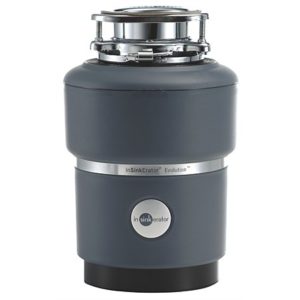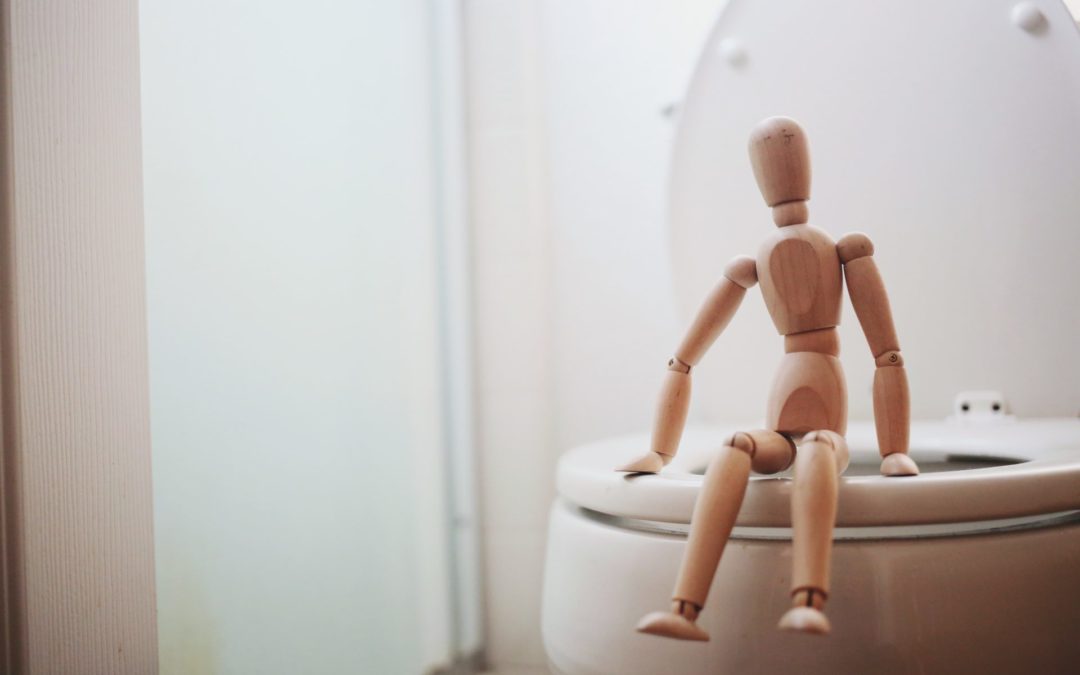What Leads to a Blocked Drain?
A blocked drain is one of the most common and least pleasant household plumbing problems. Irrespective of which household drain is clogged up, blocked drains can lead to a huge amount of damage if they aren’t dealt with quickly — not to mention the health and hygiene fallout. If you need help, with the drains on your property, don’t hesitate to call our team.
We’ll have your blocked drain flowing freely in no time, no stress, no mess.
We can unblock your drains without having to dig up your entire lawn and garden or use any heavy chemicals. Hydro-Jetting is quick, economical, environmentally safe and provides a long-term solution.
Clogged drains are just part of the joy of indoor plumbing. You can troubleshoot the issues yourself and prevent them from happening again, including persistent problems. But to reach this stage, we need to understand what causes drains to become blocked in the first place. To help with that, our plumbers can see what’s up with your pipes or stuck down your drains. We’ll save you time and money by finding the source of our drainage issues with a CCTV drain inspection.
Call Dave on 027 234 5454 for more information.
Blocked Bathroom Drains
Most bathroom drain blockages are caused by dirt, skin flakes and hair that bind to soap scum on the walls of drainpipes. Over time, this gunk accumulates and reduces water flow.
Self-help: When handling blocked drains in the bathroom, first remove and clean the drain stopper. Next, try using a drain plunger, keeping in mind to block the overflow drain when you do. If that doesn’t work, remove the drain elbow joint and clean it out. Clean your drain stoppers routinely to prevent clogs. You should also use a hair strainer to trap hair and soap before these go down the drain.
Blocked Kitchen Sink Drains
Kitchen sink drains become blocked when cooking grease or oil cake onto drainpipe walls. Add to this detergent soap scum and undissolved food particles, and you’ve got a nasty, stubborn clog.
Self-help: Tackle kitchen sink drains like you would a blocked bathroom sink. Start by running very hot water down the drain to soften the blockage, followed by dish detergent, some vinegar, and more hot water. Wait a few minutes, and then use a plunger and repeat the hot water. If you are still unsuccessful, you might want to move on to a chemical drain opener. Use caution with such products.
It is best to dispose of large amounts of kitchen grease and oil by letting them cool and solidify. Scrape the mess into a plastic bag, seal it, and throw it out with the garbage. Small amounts of oil (less than 250 ml) should be thoroughly diluted with hot water and dish detergent before being poured into the sink.
 The indiscriminate use of the waste disposal unit in the kitchen is a common culprit of blocked drains. Although their instructions indicate eggshells and coffee grounds can be put through the unit, these can cause problems for the rest of your plumbing.
The indiscriminate use of the waste disposal unit in the kitchen is a common culprit of blocked drains. Although their instructions indicate eggshells and coffee grounds can be put through the unit, these can cause problems for the rest of your plumbing.
Egg shells are pulverised and become sand-like. This sludge and the coffee grounds sink and settle at the bottom of the outlet pipes. Any grease then sticks to this and can clog up the pipes. While this monstrous mix might not be the direct cause of your drain’s blockage, it certainly doesn’t help the flow of water.
Clogged toilets are a messy, smelly business
These mainly occur when people try flushing down items that do not dissolve or break apart in water. Sometimes, it might simply be that the toilet is not cleaned often enough.
Self-help: The plunger is your weapon of choice. The most effective plungers shoot jets of water to clear the drainpipe. Many have anti-microbial coatings as well. An inexpensive hand-powered drain auger can also help. It’s an unpleasant experience, but the hand auger reaches far down the toilet’s drainpipe to break up or retrieve things that are blocking the pipe, such as kids’ toys, sunglasses and even mobile phones! We recommend calling us before you decide to use this device, as you may end up damaging your drainpipes.
Persistent Issues
If clogged or slow drains are a constant plague for you, have a FlowFix plumber inspect your plumbing. Dealing with blocked drains is what we’re really good at. We will determine if the drain line was properly designed and installed. Both drainpipe venting (the vent pipe opening is on your roof) and the drainage slope affect how well drains work. The underground pipes may have shifted and broken as a result of one of these not working properly.
Contact us now if you need to have a drain unblocked in a hurry or want to have a persistent problem inspected. Call Colette on 027 234 5454 or drop her an email.

